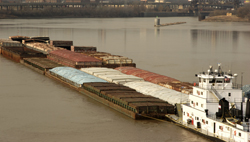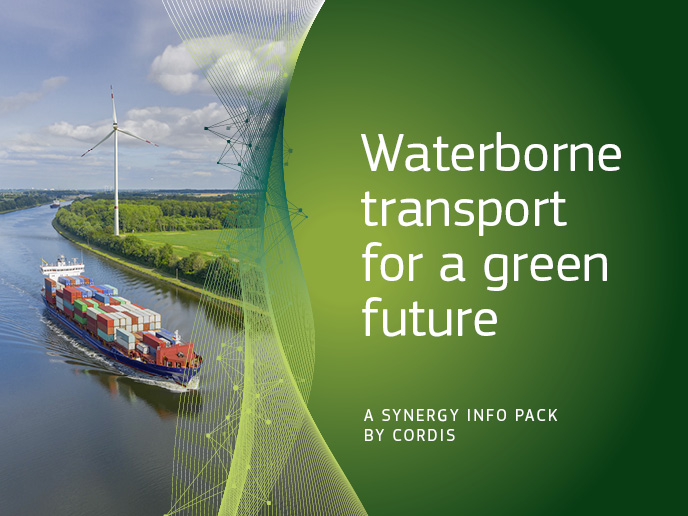Land transport moves to the waterways
As technology marches on there are always better ways to optimise freight transport and make it more eco-friendly. This has been the aim of the EU-funded project Creating. The project's main priority was to encourage transport through inland waterways, i.e. shifting from land cargo to waterborne cargo. In particular, the Creating project studied the technicalities and logistics involved with the aim of decreasing exhaust fumes and harmful substances from overland transport. Gathering experts from 27 partners and 9 countries, the project investigated every major angle involved in stimulating transport via water. Apart from logistics and economics, this included ship design and hydrodynamics, performance assessment, environmental impact and safety considerations. Creating's first mission was to identify feasible maritime routes in line with the needs and costs of cargo flows across Europe. This has led to four noteworthy options which were transmitted to the design team in order to elaborate innovative vessel concepts. The team worked on overcoming challenges related to optimising hydrodynamics, reducing resistance, minimising exhaust pollutants, introducing speed control equipment and improving propulsion efficiency. Another crucial issue for the project team was safety, such as transfer of dangerous goods, environmental concerns and impact on communities near transport corridors. This required proposals to enhance safety by minimising accidents and defining standards for calculation of risks. Newly developed novel vessel concepts that respect the environment yet are still cost efficient were cross-compared and assessed, providing opportunities for cutting-edge concepts to reach the market. The project's results, which include recommendations on existing rules and regulations as well as recommendations to adopt proposed standards, were disseminated to relevant stakeholders. Water routes, as an underexploited mode of transport, could play an important part in upgrading cargo transport and lighten the burden on the environment.







